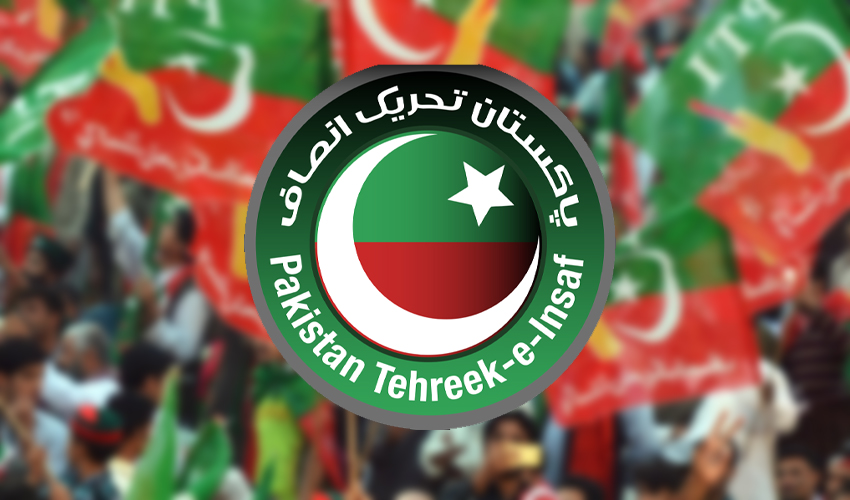Once hailed as a symbol of defiance against foreign influence, the founder of PTI has now found himself seeking international intervention to regain political relevance.
The very party that raised the slogan of ‘Absolutely Not’ against external interference is now looking towards American lawmakers for support. This blatant contradiction raises an important question: was the anti-foreign rhetoric ever genuine, or just a calculated political maneuver?
PTI initially built its narrative around resisting external influence, portraying itself as the sole guardian of Pakistan’s sovereignty. However, the recent push for the Pakistan Democracy Act by U.S. Congressman Joe Wilson exposes the party’s shifting priorities.
This move is not just a desperate attempt to seek international backing but also a direct contradiction to PTI’s previously vocal stance against foreign intervention.
If PTI was genuinely against foreign meddling, why is it now embracing international lobbying? Why is it relying on U.S. lawmakers to pressure the Pakistani state? These are questions that its supporters must grapple with.
The hypocrisy of PTI’s stance becomes even more evident when we consider how it has criticized past governments for alleged Western affiliations. Yet now, the party itself is dependent on lobbying efforts in Washington.
In November 2023, 46 U.S. lawmakers wrote a letter urging President Biden to intervene in PTI’s political struggles. If such foreign involvement was unacceptable for previous governments, why is it now being justified?
The Pakistan Democracy Act, spearheaded by Joe Wilson, is a thinly veiled attempt to interfere in Pakistan’s internal matters. It not only challenges Pakistan’s sovereignty but also violates international norms, including the UN Charter and the Vienna Convention.
It grants the U.S. government leverage over Pakistan’s military and political leadership—an unprecedented move that no sovereign nation should tolerate. Yet, PTI stands as its biggest beneficiary.
Moreover, the act disregards legal principles within the U.S. constitution itself. It oversteps Congress’s authority by attempting to dictate the internal affairs of another nation. The Fifth Amendment of the U.S. Constitution prohibits actions against individuals without due process yet, the act proposes sanctions against Pakistani military officials without legal justification.
Beyond the political theatrics, the Pakistan Democracy Act poses a significant threat to Pakistan’s stability. If passed, it could embolden external actors to interfere more aggressively in the country’s domestic affairs.
By aligning itself with such initiatives, PTI is setting a dangerous precedent one that compromises Pakistan’s sovereignty in exchange for political survival.
PTI’s transformation from an ‘anti-interference’ party to a beneficiary of foreign lobbying exposes its contradictions. Its leadership has shifted from claiming independence to actively seeking international intervention. If PTI was sincere in its anti-foreign rhetoric, it would condemn rather than welcome such meddling.
Pakistan’s sovereignty is not a bargaining chip for political gains. It is time for the nation to recognize the hypocrisy and call out those who speak of independence but act in dependence. The true test of leadership is not in rhetoric but in action—and PTI’s actions tell a different story than its slogans.


